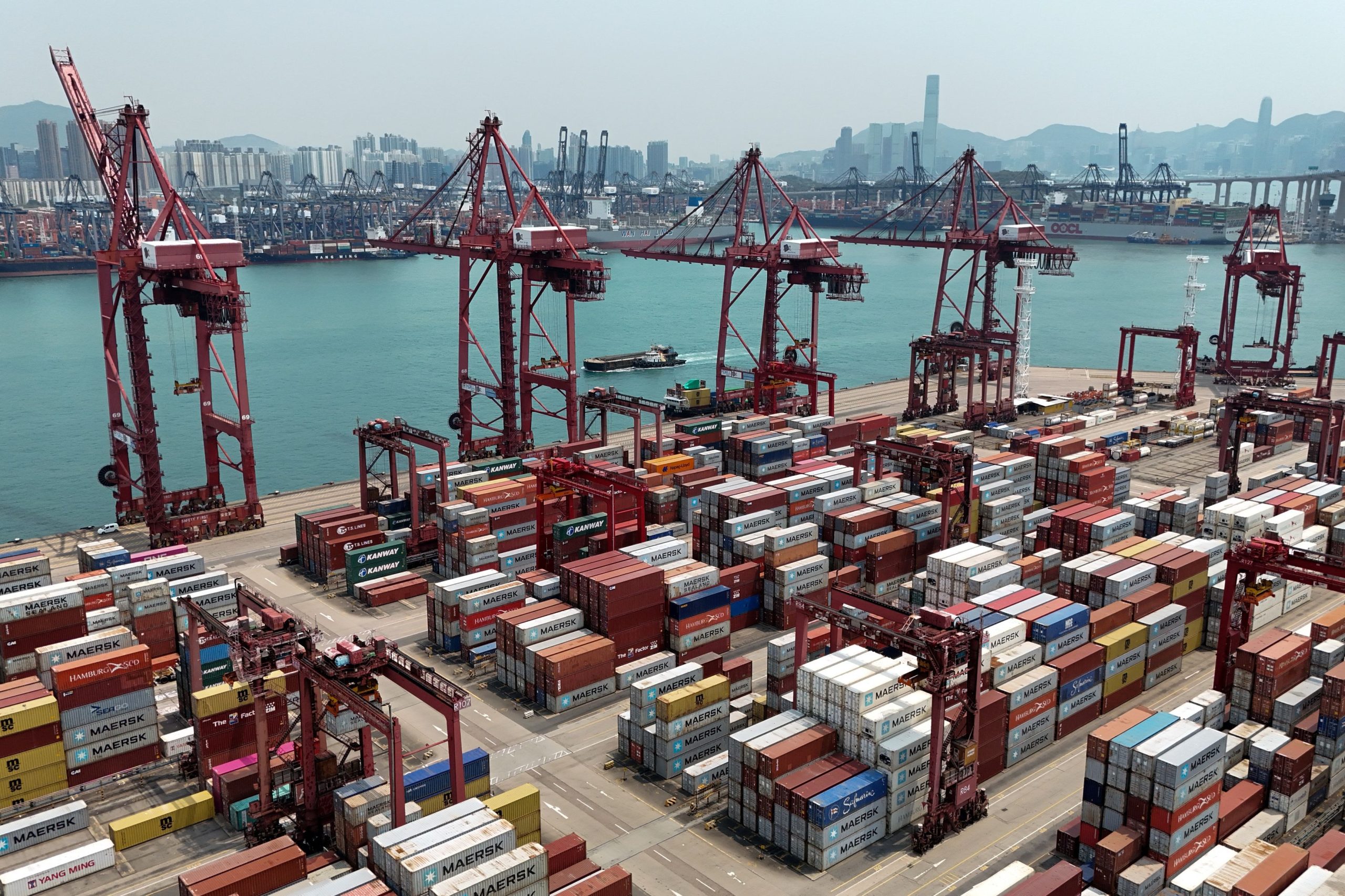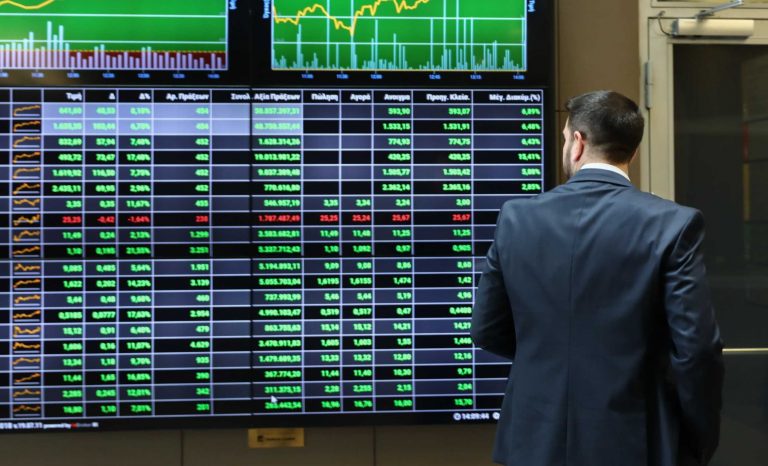Finance Minister Christos Staikouras sent the message on Thursday that the Greek economy is resilient to the shocks caused by an increasingly unfavourable international environment.
Staikouras participated in the Autumn Meeting of the International Monetary Fund (IMF) in Washington. The Greek minister saw that the Fund’s initial assessments of the world economy’s prospects have been revised for the worse. Nevertheless, he underlined that the IMF continues to positively assess the performance of the Greek economy amidst this deteriorating environment.
“First of all, I confirm hat the estimates of the International Monetary Fund are now more unfavourable than the recent ones. It looks like we will have lower economic growth rates globally and higher inflation, as well as higher prices. In this even more unfavourable international environment, the estimates of the International Monetary Fund are positive for the Greek economy: they are positive for economic growth rates, they are positive for public finances, they are positive for the reduction of unemployment. They prove that the Greek economy has built strong defence lines and has very positive prospects,” the Minister of Finance noted.
However, Staikouras acknowledged that despite the progress achieved, Greece has no room for complacency, as it is called upon to face a series of internal and external challenges. As he explained, “the fact that the Greek economy is moving at least satisfactorily does not mean that we are not fully aware of the challenges we have to face. For example, Greek debt as a percentage of GDP is falling significantly. Greek debt is sustainable, but remains high. Greece has exited the status of enhanced surveillance, but still does not have investment grade. And we know that monetary policy will become tighter as interest rates rise further. These are endogenous and exogenous challenges that we must face wisely and responsibly. And we continue to act on these lines.”
Regarding the challenges in the energy sector, the finance minister argued that Greece has built strong lines of defense to face this unprecedented exogenous crisis, which is one of the main factors that have pushed inflation to the highest levels in decades in a pan-European level. However, Staikouras acknowledged that these lines of defence alone are not sufficient and for this reason he explained the initiatives taken by the government to relieve some of the excessive burden for households and businesses.
“These lines of defence are not enough and that is why the Greek government helps households and businesses with a total package of around 12 to 13 billion euros in 2022, of which the fiscal cost is 4.7 billion euros. Through significant and permanent reductions in taxes and insurance contributions, through subsidies that cover a significant part of energy costs in both electricity and natural gas, but also through additional interventions, whether they concern fuel, heating oil or aid to specific sectors of Greek society who are in great need towards the end of the year,” he said.
The finance minister also referred to the basic scenarios for the course of the European economy, clarifying that Greece will remain in a much better position even if the most ominous developments are confirmed. However, he recognized that our country will not remain completely unaffected by the most unfavourable European environment.
“The main scenario is that this year it will have a growth of around 3% and a marginally positive sign in 2023. The negative scenario that has to do with more unfavourable developments in the geopolitical field is that Europe will return to a recession of around 1% in 2023 and inflation much higher than the initial estimates of 7% in 2023. In both of these scenarios, Greece remains in a much better position. It will be affected by this more unfavourable European environment, but we will still be in a much better position. One only has to compare the estimates for growth, inflation, the primary surplus of 2023 and the significant reduction in unemployment.”
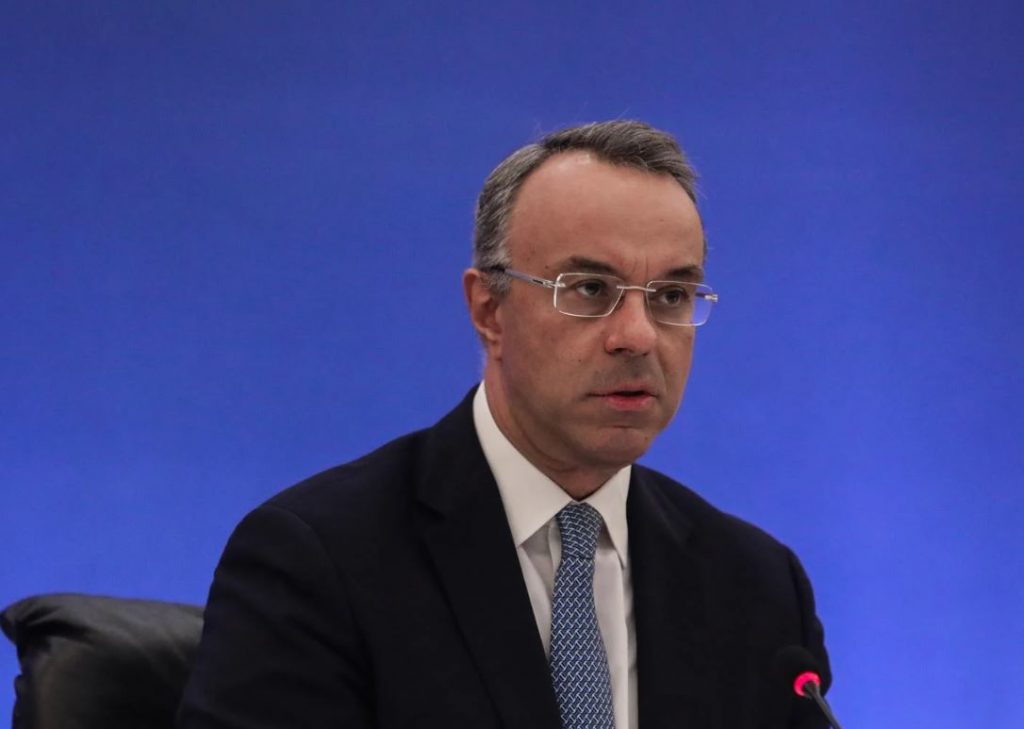
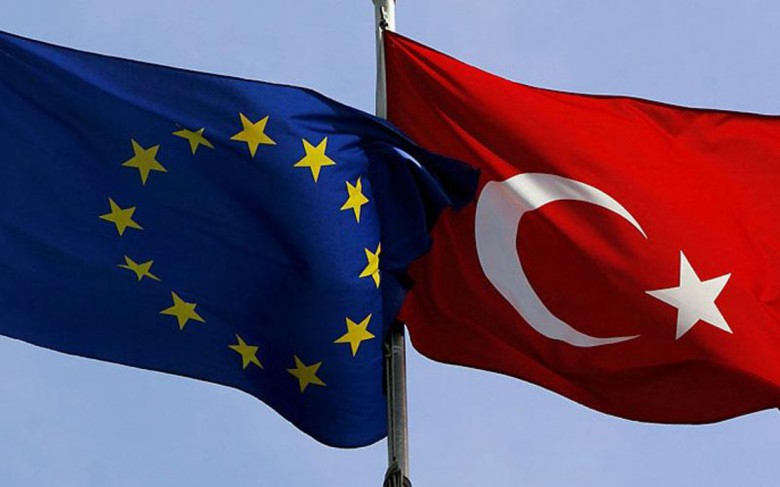


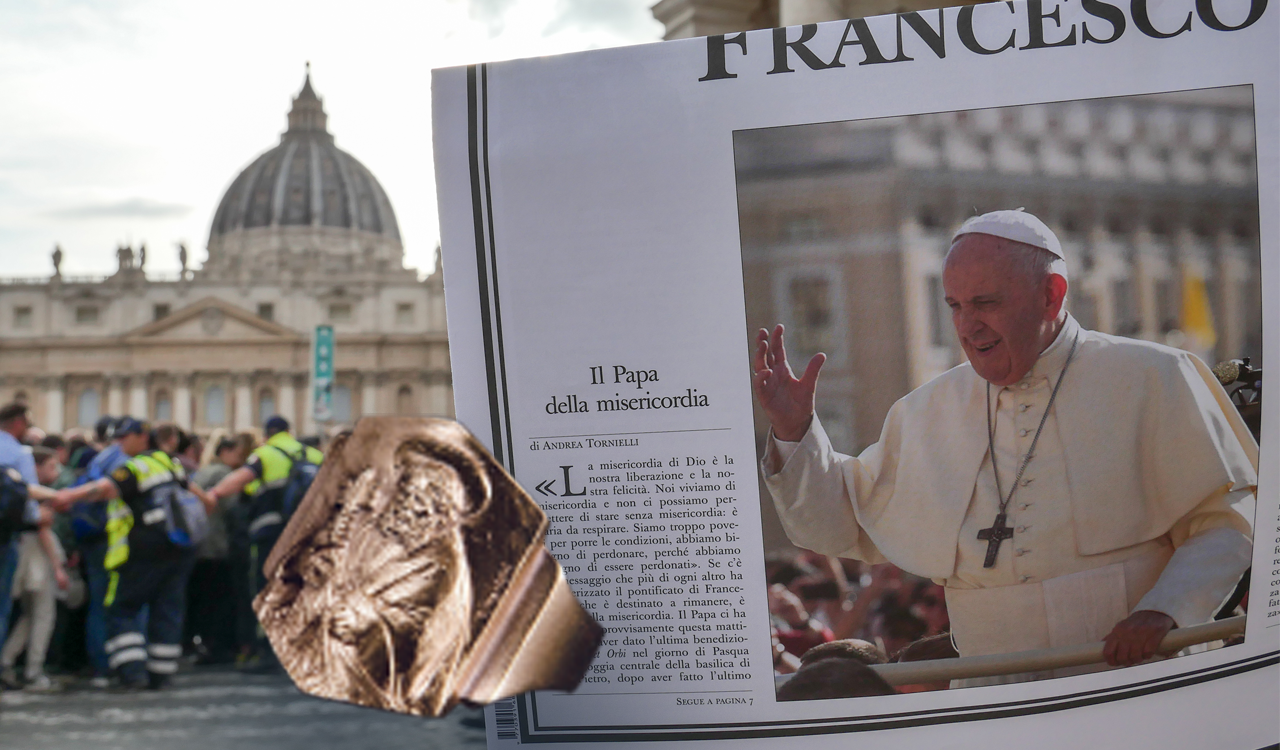






![Οι αλλαγές που υπάρχουν στα φορολογικά έντυπα για τα εισοδήματα του φορολογικού έτους 2024 από ακίνητα [Γ’ Μέρος]](https://www.ot.gr/wp-content/uploads/2025/03/akinita.jpeg)

